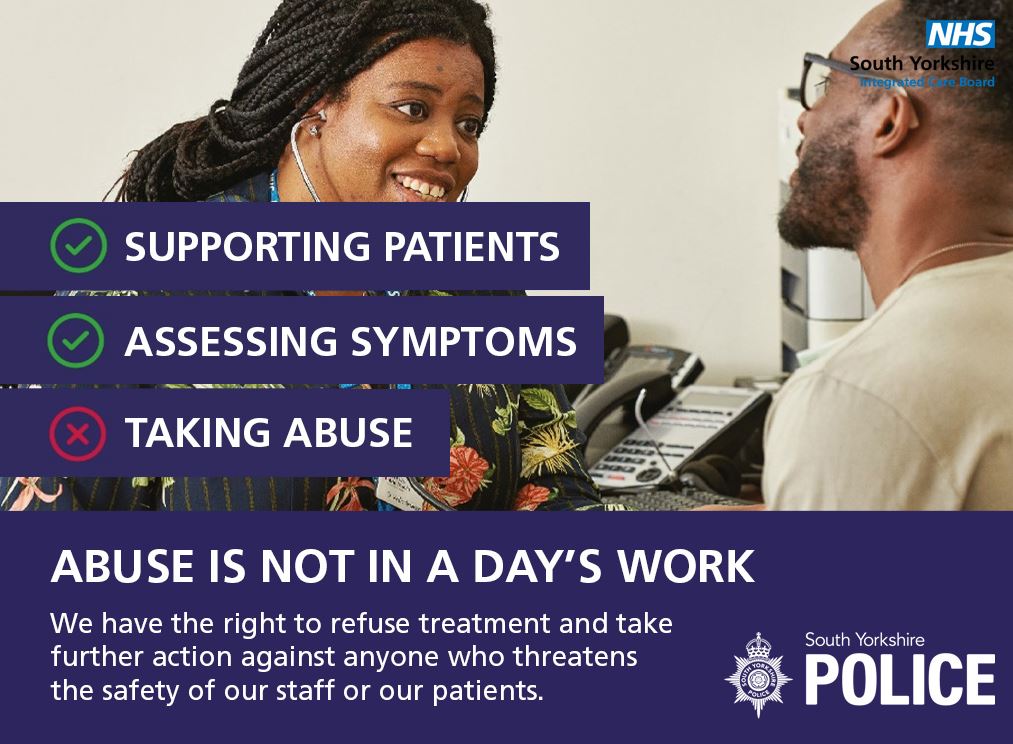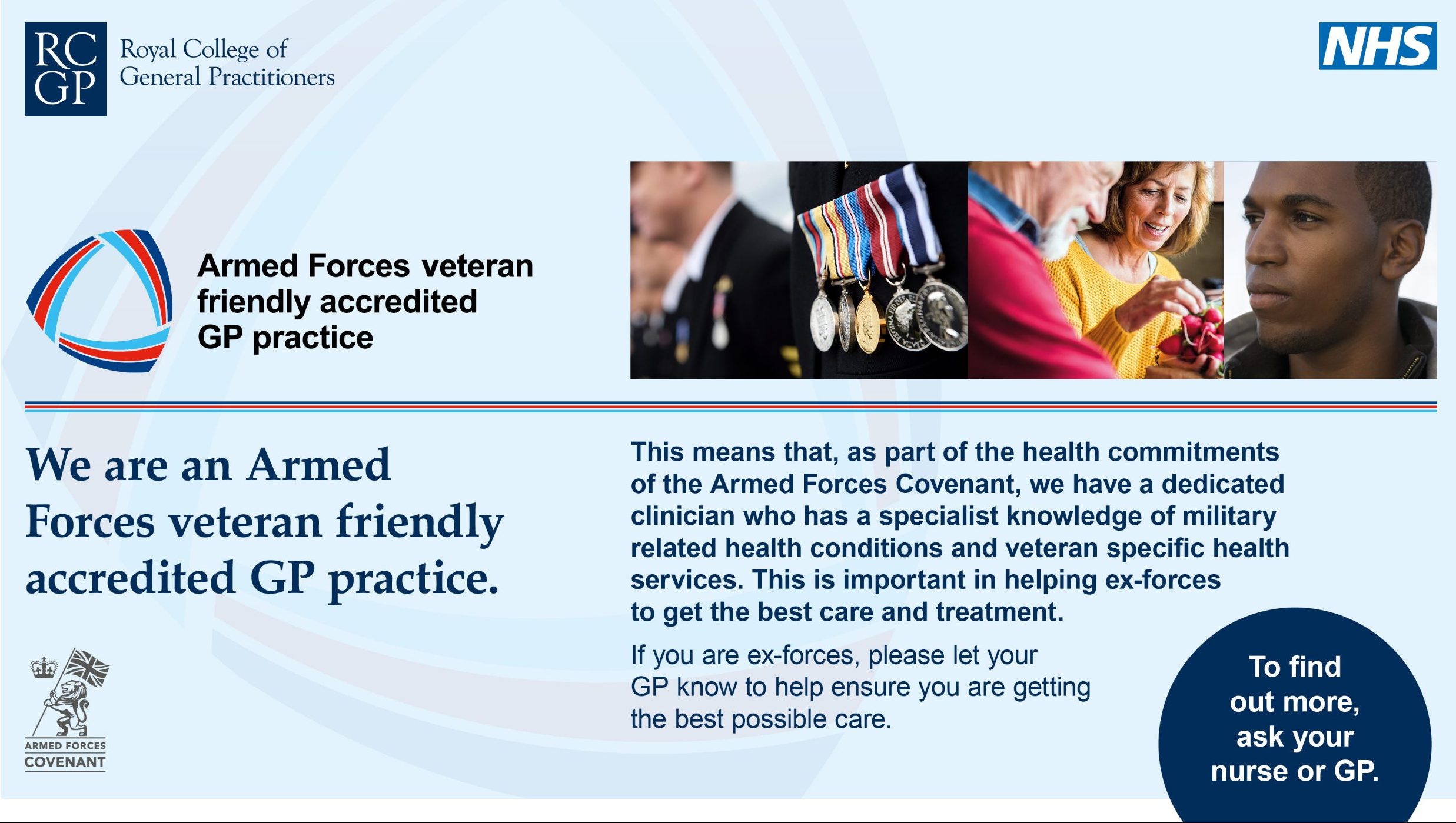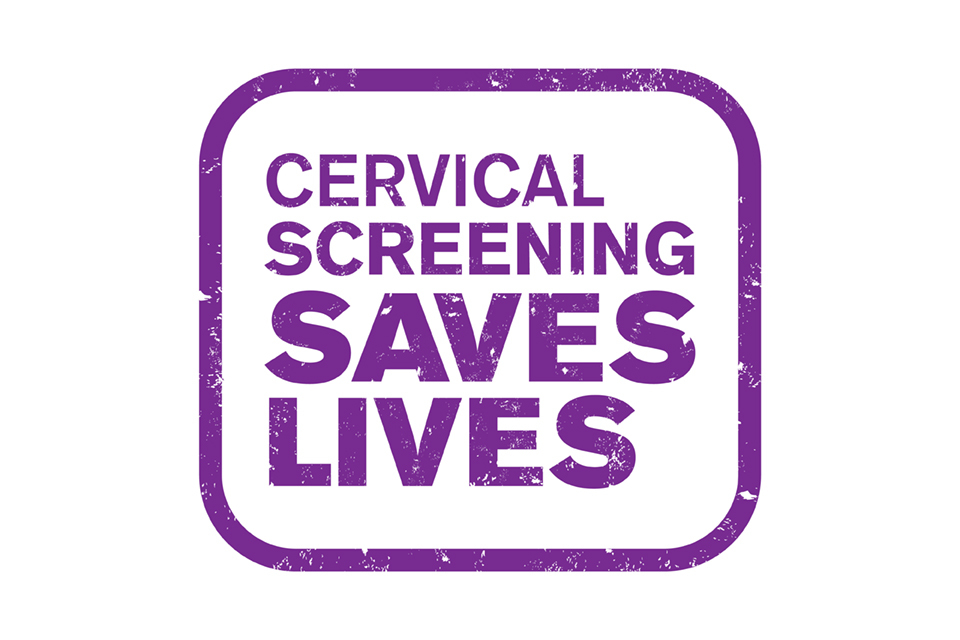
Changes to our GSM Contract from October 1st Shared Care Protocols for ADHD Weight management injections – Tirzepatide (Mounjaro®) Accurx Triage Outsmart your anxiety – Daylight Respiratory Syncytial Virus (RSV) Vaccination Information Support for people who may have been affected by infected blood MMR (measles, mumps and rubella) Vaccination Campaign Return your used inhalers to a pharmacy to help reduce your carbon footprint Social Prescribers & First Contact Physiotherapists
Shared Care Protocols for ADHD
Since our initial decision to pause accepting new shared care requests for ADHD medications, your GP practice has been hard at work in the background working with local services (we have even written to the local MP (Minister of Parlement)) with the goal of finding a solution. We recognise that the situation has changed somewhat with regards to collective action by the British Medical Association, and the local adult NHS provider (SAANS) confirming they are the specialist providers for patients who transition from child services (Ryegate) to adult services (SAANS).
Some things have not changed, mainly around the lack of availability of local NHS services and long waiting list times (which often leads patients through non-local providers) and the capability of those providers to support the GP when issues arise, alongside the inconsistency of support offered by private providers. There is recognition that the work GPs do for supporting shared care for ADHD is unfunded and more complex than we are normally comfortable with, but also that there appears to be no end in sight for patients stuck on an 8-year waiting list for an assessment, and patients who struggle to meet the cost of medications.
The practice has therefore agreed a mechanism that we feel hopefully addresses the above. The practice will once again be able to accept shared care for ADHD patients (adult and child), but in addition to the statutory Shared Care Agreements that were previously required, we will now require patients (or parent/guardian if the patient is under 16 years old) to sign an agreement that will set out the terms of practice monitoring.
- For patients NOT already under a shared care agreement for ADHD: any patient who wishes the GP to provide Shared Care, in addition to their specialist writing to the GP to state they are stable, suitable for shared care and will follow the Sheffield Shared Care Guidelines, must also sign an individual agreement with the practice (see below/download link). This agreement will define the GP practice responsibilities and the terms that the patient needs to follow for us to enter Shared Care and continue to maintain shared care. Once a patient signs and indicates they will follow this, we can accept a shared care agreement if safe to do so.
- For patients ALREADY under a shared care agreement for ADHD: No action is needed at present. There will be a catchup whereby we will ask patients to sign the agreement (so that we can keep an accurate register of who we have agreements with), we will do this in due course (not straight away as this change is first happening around the Summer 2025 when we have reduced staffing).
- For all patients, we can only offer this if you are a patient with us AND you live within our practice boundary. If you are outside our practice area, we cannot offer this agreement and therefore cannot accept shared care prescribing for ADHD class medications (this is because with this agreement comes an increase in work we are not funded for, and we simply cannot handle an influx of patients who may seek to register from outside our area if their local GP does not accept shared care for ADHD class medications).
We feel the above approach represents the best balance of outcome for our patients (we restart accepting Shared Care) while balancing the risks to ourselves (GPs prescribing ADHD medications with patchy specialist oversight, prescribing with no additional funding and outside our usual familiarity) and trying to standardise the many ways patients arrive at a diagnosis (NHS, Right to Choose, Private, each with their own shared care protocols and requirements). We feel by standardising to a practice agreement and spelling out the monitoring, we can ensure a fair and consistent approach.
Click here to access the ADHD Invidual Agreement form
FAQ:
That’s great, how do I start?
If you have a letter from your specialist indicating you are stable for shared care, please download the form and sign it and return to us. Please be sure you understand the form, this sets out the monitoring we will hold you to and what you can expect from us. Once this is signed, it will be reviewed. If all is in order, shared care can be considered.
Do I need to be stable before I do the form?
Yes, we need the recommendation for shared care before an agreement can be made and the practice take on Shared Care. Both parts are mandatory before we can accept Shared Care.
What if I don’t want to sign the form?
Then we cannot accept shared care. We cannot accept any deviation in this. A lack of agreement from the patient indicates they will not accept the terms of shared care, and we cannot be forced to accept shared care (it is optional) especially if the patient indicates they cannot, or will not, hold up their end of the bargain.
I am outside the practice area but want to join for this.
We cannot accept any patients onto our agreement who are out of our normal practice area. We are aware many neighbouring practices don’t offer shared care, and our concern is we get a rush of new registrations all with the express purpose of ADHD Shared Care, this work is unfunded and puts additional pressure on the practice which is busy doing everything else for the >13,600 patients we have on our list.


Carterknowle Surgery
Opening Times
- Monday
08:30am to 12:30pm
01:30pm to 06:00pm
Phone lines close at 12:15 and reopen at 13:30 - Tuesday
08:30am to 12:30pm
01:30pm to 06:00pm
Phone lines close at 12:15 and reopen at 13:30 - Wednesday
08:30am to 12:30pm
01:30pm to 06:00pm
Phone lines close at 12:15 and reopen at 13:30 - Thursday
08:30am to 12:30pm
01:30pm to 06:00pm
Phone lines close at 12:15 and reopen at 13:30 - Friday
08:30am to 12:30pm
01:30pm to 06:00pm
Phone lines close at 12:15 and reopen at 13:30 - Saturday
CLOSED - Sunday
CLOSED
Dore Surgery
Opening Times
- Monday
08:30am to 12:30pm
01:30pm to 05:30pm
Phone lines close at 12:15 and reopen at 13:30 - Tuesday
08:30am to 12:30pm
01:30pm to 05:30pm
Phone lines close at 12:15 and reopen at 13:30 - Wednesday
08:30am to 12:30pm
01:30pm to 05:30pm
Phone lines close at 12:15 and reopen at 13:30 - Thursday
08:30am to 12:30pm
01:30pm to 05:30pm
Phone lines close at 12:15 and reopen at 13:30 - Friday
08:30am to 12:30pm
01:30pm to 05:30pm
Phone lines close at 12:15 and reopen at 13:30 - Saturday
CLOSED - Sunday
CLOSED





